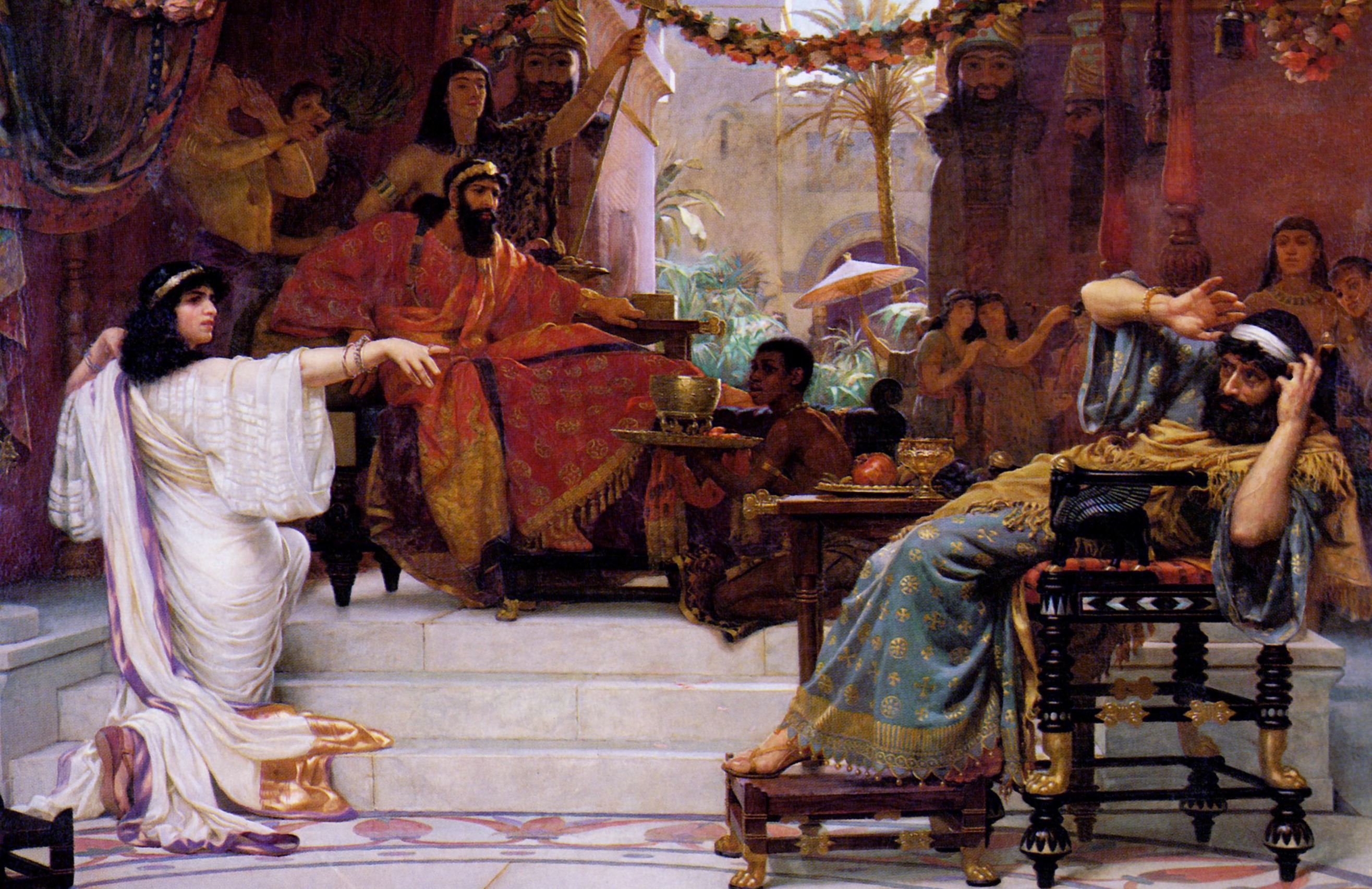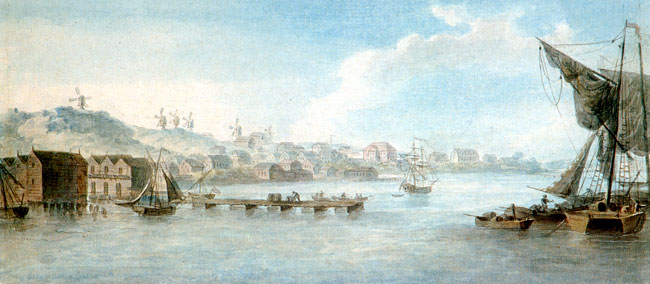|
Viktor Bobrov (painter)
Viktor Alekseyevich Bobrov (Russian: Ви́ктор Алексе́евич Бобро́в; 1842, Gatobuzhi, Saint Petersburg Governorate – 21 June 1918, Saint Petersburg) was a Russian watercolorist in the Academic style. Biography He was born to a family of merchants and attended the public schools of Saint Petersburg.Brief biography and works @ LiveInternet. In 1860, against his father's wishes and without his support, he entered the Imperial Academy of Arts, where he studied with Carl Timoleon von Neff, [...More Info...] [...Related Items...] OR: [Wikipedia] [Google] [Baidu] |
Petergofsky Uyezd
Petergofsky Uyezd (russian: Петергофский уезд) was one of the eight subdivisions of the Saint Petersburg Governorate of the Russian Empire. Its capital was Petergof. Petergofsky Uyezd was located in the northern part of the governorate (in the central part of the present-day Leningrad Oblast). In terms of present-day administrative borders, Petergofsky Uyezd is divided between the Petrodvortsovy and Kronshtadtsky districts of Saint Petersburg and the Lomonosovsky and Volosovsky districts of Leningrad Oblast. Demographics At the time of the Russian Empire Census of 1897, Petergofsky Uyezd had a population of 140,547. Of these, 67.7% spoke Russian, 13.2% Finnish, 6.2% Estonian, 4.7% Ingrian, 2.4% German, 1.9% Polish, 1.0% Ukrainian, 0.9% Yiddish, 0.6% Latvian, 0.4% Tatar, 0.3% Belarusian, 0.2% Swedish Swedish or ' may refer to: Anything from or related to Sweden, a country in Northern Europe. Or, specifically: * Swedish language, a North Germanic language spoke ... [...More Info...] [...Related Items...] OR: [Wikipedia] [Google] [Baidu] |
Exposition Universelle (1878)
The third Paris World's Fair, called an Exposition Universelle in French, was held from 1 May to 10 November 1878. It celebrated the recovery of France after the 1870–71 Franco-Prussian War. Construction The buildings and the fairgrounds were somewhat unfinished on opening day, as political complications had prevented the French government from paying much attention to the exhibition until six months before it was due to open. However, efforts made in April were prodigious, and by 1 June, a month after the formal opening, the exhibition was finally completed. This exposition was on a far larger scale than any previously held anywhere in the world. It covered over , the main building in the Champ de Mars and the hill of Chaillot, occupying . The Gare du Champ de Mars was rebuilt with four tracks to receive rail traffic occasioned by the exposition. The Pont d'Iéna linked the two exhibition sites along the central allée. The French exhibits filled one-half of the entir ... [...More Info...] [...Related Items...] OR: [Wikipedia] [Google] [Baidu] |
Russian Portrait Painters
Russian(s) refers to anything related to Russia, including: *Russians (, ''russkiye''), an ethnic group of the East Slavic peoples, primarily living in Russia and neighboring countries *Rossiyane (), Russian language term for all citizens and people of Russia, regardless of ethnicity *Russophone, Russian-speaking person (, ''russkogovoryashchy'', ''russkoyazychny'') *Russian language, the most widely spoken of the Slavic languages *Russian alphabet *Russian cuisine *Russian culture *Russian studies Russian may also refer to: *Russian dressing *''The Russians'', a book by Hedrick Smith *Russian (comics), fictional Marvel Comics supervillain from ''The Punisher'' series *Russian (solitaire), a card game * "Russians" (song), from the album ''The Dream of the Blue Turtles'' by Sting *"Russian", from the album ''Tubular Bells 2003'' by Mike Oldfield *"Russian", from the album '' '' by Caravan Palace *Nik Russian, the perpetrator of a con committed in 2002 *The South African name for a ... [...More Info...] [...Related Items...] OR: [Wikipedia] [Google] [Baidu] |
Russian Male Painters
Russian(s) refers to anything related to Russia, including: *Russians (, ''russkiye''), an ethnic group of the East Slavic peoples, primarily living in Russia and neighboring countries *Rossiyane (), Russian language term for all citizens and people of Russia, regardless of ethnicity *Russophone, Russian-speaking person (, ''russkogovoryashchy'', ''russkoyazychny'') * Russian language, the most widely spoken of the Slavic languages * Russian alphabet * Russian cuisine *Russian culture *Russian studies Russian may also refer to: *Russian dressing *''The Russians'', a book by Hedrick Smith *Russian (comics), fictional Marvel Comics supervillain from ''The Punisher'' series *Russian (solitaire), a card game * "Russians" (song), from the album ''The Dream of the Blue Turtles'' by Sting *"Russian", from the album ''Tubular Bells 2003'' by Mike Oldfield *"Russian", from the album '' '' by Caravan Palace * Nik Russian, the perpetrator of a con committed in 2002 *The South African name fo ... [...More Info...] [...Related Items...] OR: [Wikipedia] [Google] [Baidu] |
19th-century Painters From The Russian Empire
The 19th (nineteenth) century began on 1 January 1801 ( MDCCCI), and ended on 31 December 1900 ( MCM). The 19th century was the ninth century of the 2nd millennium. The 19th century was characterized by vast social upheaval. Slavery was abolished in much of Europe and the Americas. The First Industrial Revolution, though it began in the late 18th century, expanding beyond its British homeland for the first time during this century, particularly remaking the economies and societies of the Low Countries, the Rhineland, Northern Italy, and the Northeastern United States. A few decades later, the Second Industrial Revolution led to ever more massive urbanization and much higher levels of productivity, profit, and prosperity, a pattern that continued into the 20th century. The Islamic gunpowder empires fell into decline and European imperialism brought much of South Asia, Southeast Asia, and almost all of Africa under colonial rule. It was also marked by the collapse of the la ... [...More Info...] [...Related Items...] OR: [Wikipedia] [Google] [Baidu] |
People From Petergofsky Uyezd
A person ( : people) is a being that has certain capacities or attributes such as reason, morality, consciousness or self-consciousness, and being a part of a culturally established form of social relations such as kinship, ownership of property, or legal responsibility. The defining features of personhood and, consequently, what makes a person count as a person, differ widely among cultures and contexts. In addition to the question of personhood, of what makes a being count as a person to begin with, there are further questions about personal identity and self: both about what makes any particular person that particular person instead of another, and about what makes a person at one time the same person as they were or will be at another time despite any intervening changes. The plural form "people" is often used to refer to an entire nation or ethnic group (as in "a people"), and this was the original meaning of the word; it subsequently acquired its use as a plural form of per ... [...More Info...] [...Related Items...] OR: [Wikipedia] [Google] [Baidu] |
1918 Deaths
This year is noted for the end of the World War I, First World War, on the eleventh hour of the eleventh day of the eleventh month, as well as for the Spanish flu pandemic that killed 50–100 million people worldwide. Events Below, the events of World War I have the "WWI" prefix. January * January – 1918 flu pandemic: The "Spanish flu" (influenza) is first observed in Haskell County, Kansas. * January 4 – The Finnish Declaration of Independence is recognized by Russian Soviet Federative Socialist Republic, Soviet Russia, Sweden, German Empire, Germany and France. * January 9 – Battle of Bear Valley: U.S. troops engage Yaqui people, Yaqui Native American warriors in a minor skirmish in Arizona, and one of the last battles of the American Indian Wars between the United States and Native Americans. * January 15 ** The keel of is laid in Britain, the first purpose-designed aircraft carrier to be laid down. ** The Red Army (The Workers and Peasants Red Army) ... [...More Info...] [...Related Items...] OR: [Wikipedia] [Google] [Baidu] |
1842 Births
__NOTOC__ Year 184 ( CLXXXIV) was a leap year starting on Wednesday (link will display the full calendar) of the Julian calendar. At the time, it was known as the Year of the Consulship of Eggius and Aelianus (or, less frequently, year 937 ''Ab urbe condita''). The denomination 184 for this year has been used since the early medieval period, when the Anno Domini calendar era became the prevalent method in Europe for naming years. Events By place China * The Yellow Turban Rebellion and Liang Province Rebellion break out in China. * The Disasters of the Partisan Prohibitions ends. * Zhang Jue leads the peasant revolt against Emperor Ling of Han of the Eastern Han Dynasty. Heading for the capital of Luoyang, his massive and undisciplined army (360,000 men), burns and destroys government offices and outposts. * June – Ling of Han places his brother-in-law, He Jin, in command of the imperial army and sends them to attack the Yellow Turban rebels. * Winter – Zha ... [...More Info...] [...Related Items...] OR: [Wikipedia] [Google] [Baidu] |
Esther
Esther is the eponymous heroine of the Book of Esther. In the Achaemenid Empire, the Persian king Ahasuerus seeks a new wife after his queen, Vashti, is deposed for disobeying him. Hadassah, a Jewess who goes by the name of Esther, is chosen to fulfill this role due to her beauty. Ahasuerus' grand vizier, Haman, is offended by Esther's cousin and guardian, Mordecai, due to his refusal to prostrate himself before Haman. Consequently, Haman plots to have all the Jewish subjects of Persia killed, and convinces Ahasuerus to permit him to do so. However, Esther foils the plan by revealing Haman's eradication plans to Ahasuerus, who then has Haman executed and grants permission to the Jews to kill their enemies instead, as royal edicts (including the order for eradication issued by Haman) cannot be revoked under Persian law. Her story provides the traditional explanation for the Jewish holiday of Purim, celebrated on the date given in the story for when Haman's order was to go into ... [...More Info...] [...Related Items...] OR: [Wikipedia] [Google] [Baidu] |
Loviisa
Loviisa (; sv, Lovisa ; formerly Degerby) is a municipality and town of inhabitants () on the southern coast of Finland. It is located from Helsinki and from Porvoo. About 43 per cent of the population is Swedish-speaking. The municipality covers an area of of which is water. The population density is . The neighboring municipalities of Liljendal, Pernå and Ruotsinpyhtää were consolidated with Loviisa on 1 January 2010. Loviisa was founded in 1745, as a border fortress against Russia. Most of the fortifications have been preserved. Loviisa was originally called ''Degerby'', but king Adolf Frederick of Sweden renamed the city after his spouse Lovisa Ulrika after visiting the town in 1752. Loviisa is the site of two of Finland's nuclear reactors, two VVER units each of 488 MWe, at the Loviisa Nuclear Power Plant. The other operating reactors are at the Olkiluoto Nuclear Power Plant. History 18th century The town of Degerby was founded on the grounds of the ... [...More Info...] [...Related Items...] OR: [Wikipedia] [Google] [Baidu] |
Boyar
A boyar or bolyar was a member of the highest rank of the Feudalism, feudal nobility in many Eastern European states, including Kievan Rus', Bulgarian Empire, Bulgaria, Russian nobility, Russia, Boyars of Moldavia and Wallachia, Wallachia and Moldavia, and later Romania, Lithuanian nobility, Lithuania and among Baltic German nobility, Baltic Germans. Boyars were second only to the ruling knyaz, princes (in Bulgaria, tsars) from the 10th century to the 17th century. The rank has lived on as a surname in Russia, Finland, Lithuania and Latvia where it is spelled ''Pajari'' or ''Bajārs/-e''. Etymology Also known as bolyar; variants in other languages include bg, боляр or ; rus, боя́рин, r=boyarin, p=bɐˈjærʲɪn; ; ro, boier, ; and el, βογιάρος. The title Boila is predecessor or old form of the title Bolyar (the Bulgarian language, Bulgarian word for Boyar). Boila was a title worn by some of the Bulgars, Bulgar aristocrats (mostly of regional governors a ... [...More Info...] [...Related Items...] OR: [Wikipedia] [Google] [Baidu] |

_1938.jpg)



_-_contrast.jpg)